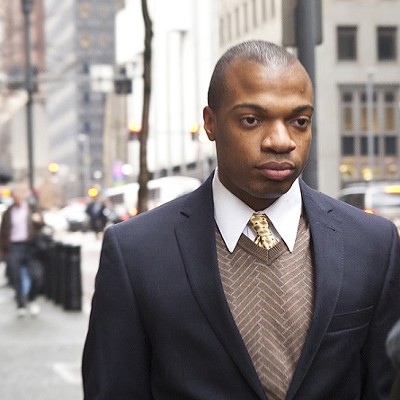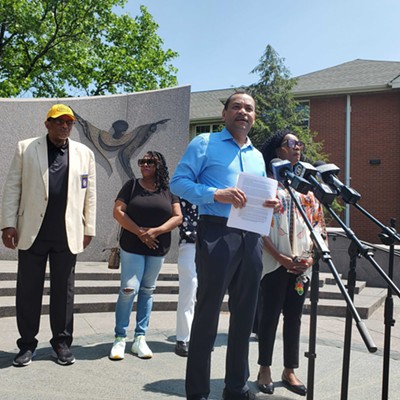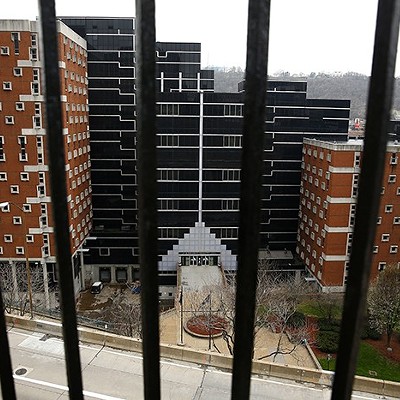Tuesday, March 25, 2014
Land Banking: It's a battle of amendments
One of the biggest pieces of legislation under consideration in City Council right now — a land bank bill — has turned into a debate over competing ideas for amendments, some of which significantly alter Council's authority over the land bank.
City Councilor Deb Gross, who introduced the legislation Jan. 14, and has acknowledged her original bill needed improvement, has released some ideas for amendments along with City Councilor Corey O'Connor (though not the exact language) on the city's website.
Gross' original proposal would create a quasi-government authority that would be responsible for centralizing the city's blighted/vacant/tax delinquent land and work with homeowners, community groups and developers to turn those properties around. The land bank, authorized under state law, can exercise a 'trump bid' at treasurer's sale (meaning the land bank can acquire property without being the highest bidder) and can expedite the title-clearing process (meaning it can resolve potential ownership conflicts more quickly).
Not surprisingly, the bill has generated lots of debate: Who should serve on the land bank's board of directors? Should City Council have a vote on the final use of individual properties? How should community groups or individual neighbors be included in the process?
And those are some of the issues that prompted city councilors Daniel Lavelle and Ricky Burgess to release their own set of amendments earlier this month that, among other things, would expand the board of directors to include "community-based organizations" and would require unanimous council approval anytime the land bank wants to turn over a property it has acquired.
Gross and O'Connor have responded with their own ideas for amendments that would also expand the board to include community members, but would not give council authority over the disposition of its land.
City Paper invited city councilors Gross, O'Connor, Burgess and Lavelle for a roundtable discussion last Friday to chat about these issues and that will appear on our website — and on newsstands — tomorrow.
For now, though, here are some of the highlights of Gross/O'Connor's ideas for amendments (after the jump).
*Community members can force the land bank to hold public hearings on disposition of land.
If 15 "nearby residents" petition the land bank within 30 days of the notice of sale, the land bank would be required to hold a "pre-disposition Public Hearing in the neighborhood."
*The land bank board must vote on the disposition of all property from the land bank.
The original bill gave the land bank's staff authority to made decisions on property worth less than $50,000, a provision that angered Burgess who argued there are plenty of properties in his district below this threshold — and staffers shouldn't be allowed to decide what happens to them.
*The disposition of land will include input from City Council reps and community groups.
This still wouldn't give a individual City Councilors a de jure veto (like the Lavelle/Burgess amendments do), but this could arguably give councilors an explicit chance to weigh-in.
*Council will have final approval of land bank policies and procedures (and there will be at least five community meetings to discuss them).
Critics of the original bill pointed out that many of the specific operational details of the land bank would be left up to appointees, without approval from council.
*Preference will be given to local, minority and women-owned businesses for contracts with the land bank.
Tags: Pittsburgh land bank , Deb Gross , Corey O'Connor , Ricky Burgess , Daniel Lavelle , City Council , land use , urban redevelopment , land bank amendments














